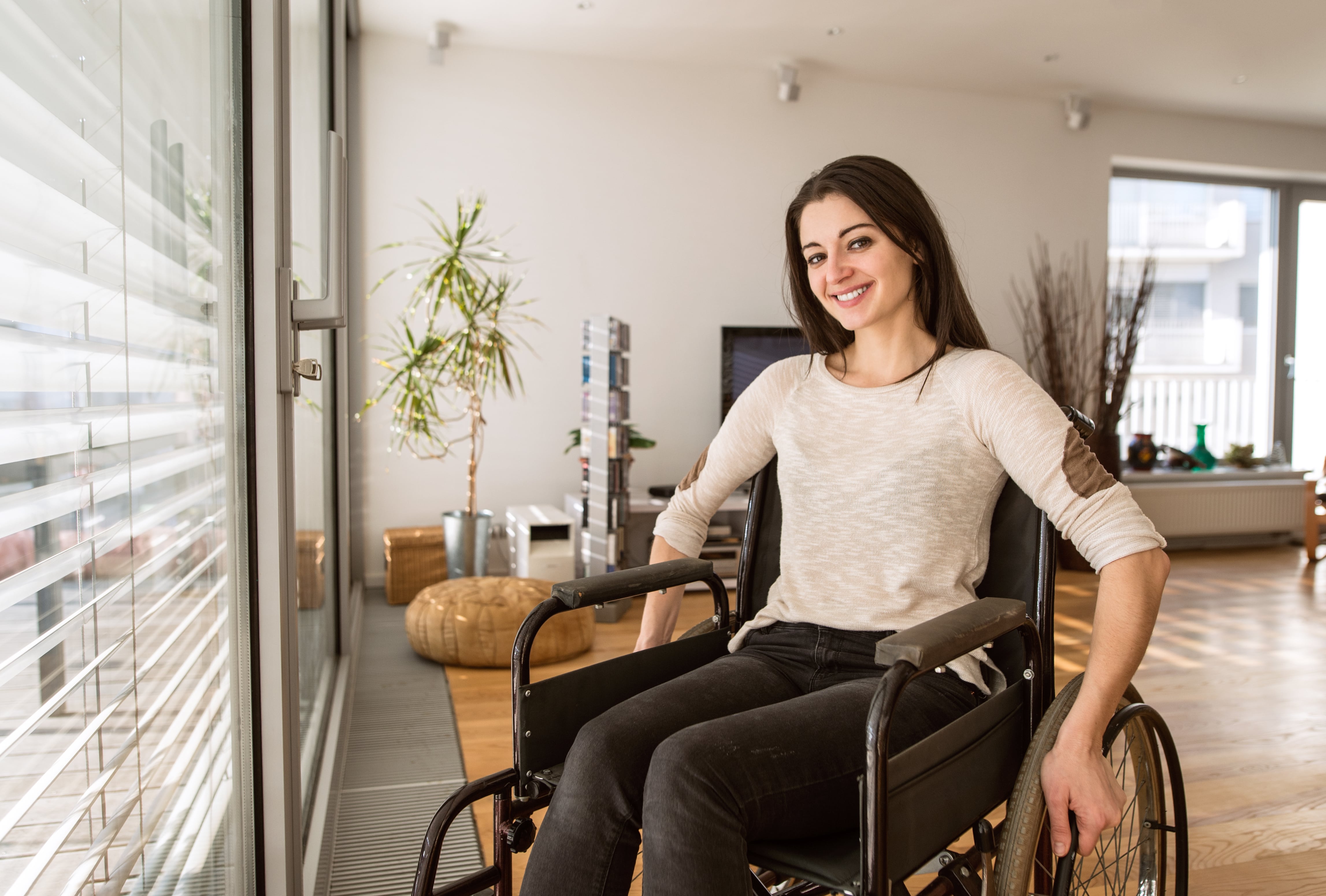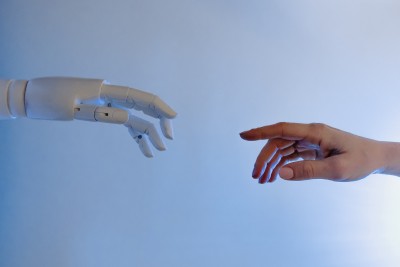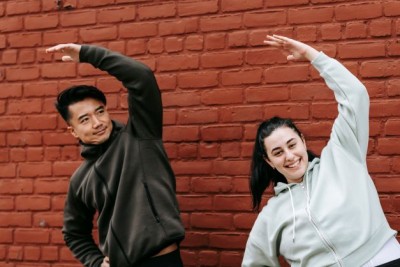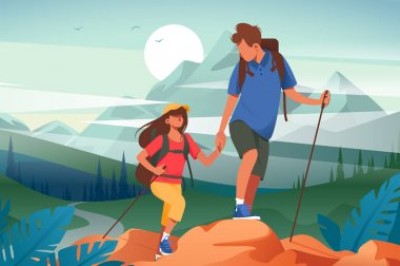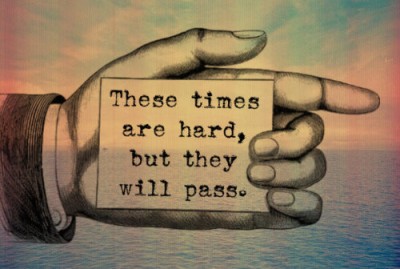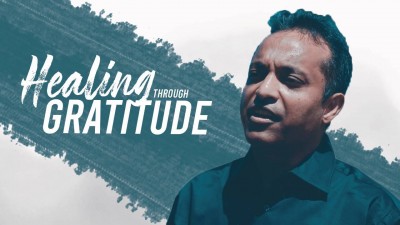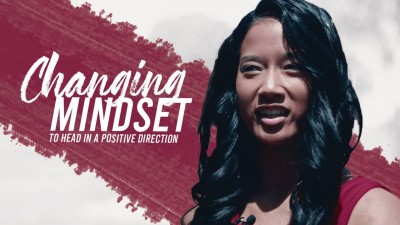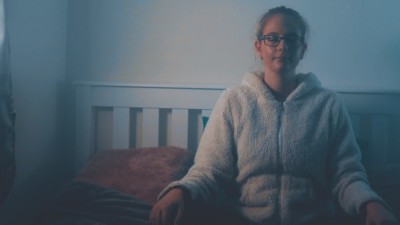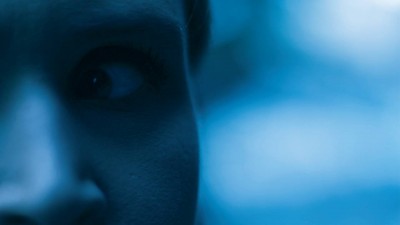Two weeks after Kate’s 18th birthday, her life as she knew it ended. Kate was involved in a motor accident, and they said her heart stopped beating for over a minute as she lay on the operating table. So, Kate guessed it was fair to say that she died that day.
The dedicated doctors managed to bring her back, but the damage to her spine left her paralysed from the waist down. Kate is classified as a person with quadriplegia because the damage to her spinal cord left her with reduced dexterity and weakened triceps muscles. However, she still has some use of her arms, so many might assume she is a paraplegic.
It’s been six years since her accident, but she clearly remembers being told she would never walk again. It was as though time slowed down, making the doctor’s voice sound muffled and far away. It was so surreal; Kate kept expecting to wake up.
She felt herself slowly sink into depression. Each morning, her first thought was the deflating realisation that it was real, that it was actually happening. It wasn’t just the frustration of not being able to walk or use the toilet by herself, it was also the constant pain and nausea that came with adjusting to the damage her body had sustained.
Kate felt humiliated at being so dependent on others for the simplest of things, because she had always been so independent. Each evening, when she was alone with her thoughts, she would spiral into a state of existential crisis. Not really wanting to die, but not wanting to be alive, either.
All her future dreams, of going to uni to become a personal trainer, backpacking around South America and hiking up Machu Picchu, seemed lost to her.
For nearly two years, Kate struggled with her new reality. But one day, something seemingly insignificant changed her whole perspective and ultimately changed her life for the better.
Kate was with her family at a restaurant, celebrating her older brother’s graduation. She noticed a young girl who was sitting with her family at the table across from them. She looked so happy and animated, laughing and making jokes with her family and friends. She was so vibrant in her personality that Kate didn’t even notice her wheelchair straight away. Kate just saw her. It was at that moment her life and her choices became clear: Kate’s chair was not her prison, her attitude was.
That evening, Kate spoke to her parents about the changes she wanted to make and what she wanted for her future. She felt inspired to take control and to take back her life.
Kate decided to go for the surgery she had been offered that would enable her to have a catheter from her belly button. This made it easier for Kate to travel on public transport and have a social life.
She got a service dog, a beautifully natured golden retriever named Terrance, who she likes to call Mr. T. He helps Kate open doors, move objects and pick things up. But it’s the confidence Mr. T gives her that has helped her the most.
Kate’s world started to open up as she reached out to different support networks, meeting new people and being inspired by their stories and journeys. She joined yoga and Zumba classes that are tailored for people with physical handicaps. Yoga has been amazing for Kate - meditating and encouraging her to connect with and love her body.
She knows what you are thinking, how can you do yoga without the use of your legs? True, Kate remains in her chair, though there are others with slightly more mobility that can lay on their mats. Her favourite yoga exercise includes pranayama, or ‘breathing practices’ that help calm her thoughts and invigorate her mind. Kate also loves the modifications to practices such as tadasana (palm tree pose.)
Kate enrolled in a masters degree in Clinical Psychology because she is now just as focused on the importance of keeping the mind healthy, not just the body.
It’s been a little over six years since the accident and so much has changed. Kate is in the last year of her degree and she intends to continue to complete a PhD. She teaches a Wheelchair Zumba class once a week at her local gym.
Kate met an incredible guy, Jessie, and they have been dating for 19 months. He is the kindest, funniest and most down-to-earth person she has ever met, and Kate feels so blessed to have him in her life.
The best news is that Machu Picchu has recently become wheelchair accessible. So, Jessie and Kate are making plans to fly over when she finishes her degree and spend six weeks exploring Peru and Chile. Needless to say, they can’t wait!
Kate thought that being in a wheelchair was going to stop her from living the life she had wanted, but in the end, it’s helped her realise she needs to be proactive in reaching for her dreams. And Machu Picchu? That is only the beginning!
